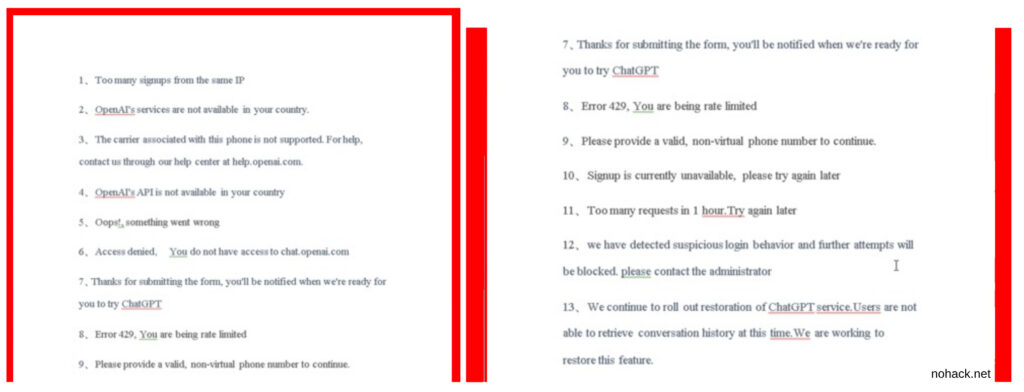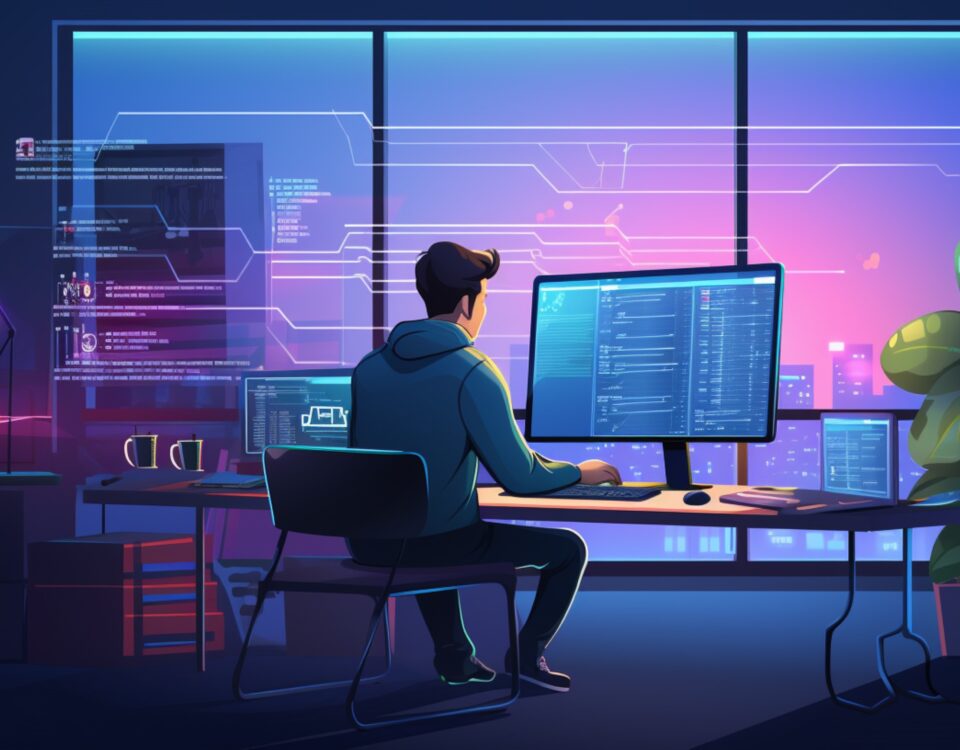
Don’t Click this AD! Malvertising
October 14, 2024
Understanding Phishing Attacks in Cybersecurity
October 14, 2024OpenAI has confirmed that hackers are using its ChatGPT model for malicious purposes, including creating sophisticated malware and conducting cyberattacks. According to a recent report, “Influence and Cyber Operations: An Update,” over 20 instances of misuse have been identified since the beginning of 2024. The report highlights the involvement of state-sponsored hacking groups, particularly from China and Iran, who are using ChatGPT to enhance their offensive cyber activities.
One significant example is the Chinese group “SweetSpecter,” which used ChatGPT for various malicious activities, such as reconnaissance, vulnerability research, and malware development. This group even attempted spear-phishing attacks targeting OpenAI employees, although these attacks were unsuccessful. “SweetSpecter” utilized ChatGPT’s abilities to streamline the creation of cyber tools, improving their operational efficiency.
Another major case involves the Iranian hacking group “CyberAv3ngers,” which is linked to the Islamic Revolutionary Guard Corps (IRGC). This group used ChatGPT to research vulnerabilities in industrial control systems and develop scripts to target critical infrastructure. Their activities raise concerns about potential attacks on sensitive systems that could disrupt operations and compromise national security.
OpenAI’s report also names a third Iranian group, “STORM-0817,” which employed ChatGPT to create Android malware capable of stealing personal user data, such as contacts, call logs, and location information. The group’s use of AI to develop sophisticated malware showcases the risks posed by advanced technology in the hands of threat actors.

Despite these alarming instances, OpenAI emphasized that these cases have not led to any significant breakthroughs in malware creation or real-world vulnerability exploitation. The capabilities of ChatGPT, specifically its GPT-4 model, have not advanced to the point where they pose a material threat to global cybersecurity. However, the misuse of AI by hackers is a growing concern.
The report underscores the risk that as generative AI technology becomes more accessible, it could lower the barrier for less-skilled hackers, leading to an increase in low-level cyberattacks. While elite hacking groups can exploit ChatGPT’s capabilities, the more worrying trend is the potential for amateur cybercriminals to misuse AI tools for simpler attacks, potentially amplifying the frequency and scope of cybercrime.
In response, OpenAI has implemented various security measures, including banning accounts associated with these malicious activities. The company has also increased collaboration with cybersecurity experts, industry partners, and government stakeholders to share intelligence and strengthen collective defenses against these evolving threats.
Cybersecurity experts caution that as AI technology continues to evolve, the likelihood of its misuse will increase. They stress the importance of developing robust safeguards and detection mechanisms to prevent AI models like ChatGPT from being used for harmful purposes. These mechanisms should not only detect malicious usage but also disrupt ongoing cyber operations before they can cause significant harm.
OpenAI’s findings serve as a wake-up call for the broader tech industry and policymakers to consider the ethical and security implications of generative AI systems. As AI becomes increasingly integrated into everyday life, balancing innovation with security will be critical to ensuring that its benefits do not come at the cost of global safety.
OpenAI remains committed to preventing the abuse of its AI models. The company plans to continue monitoring for signs of misuse and sharing insights with the research community to strengthen defenses against state-sponsored cyber actors and covert influence operations. As the AI landscape evolves, vigilance and cross-sector collaboration will be essential to staying ahead of emerging threats and maintaining cybersecurity on a global scale.





